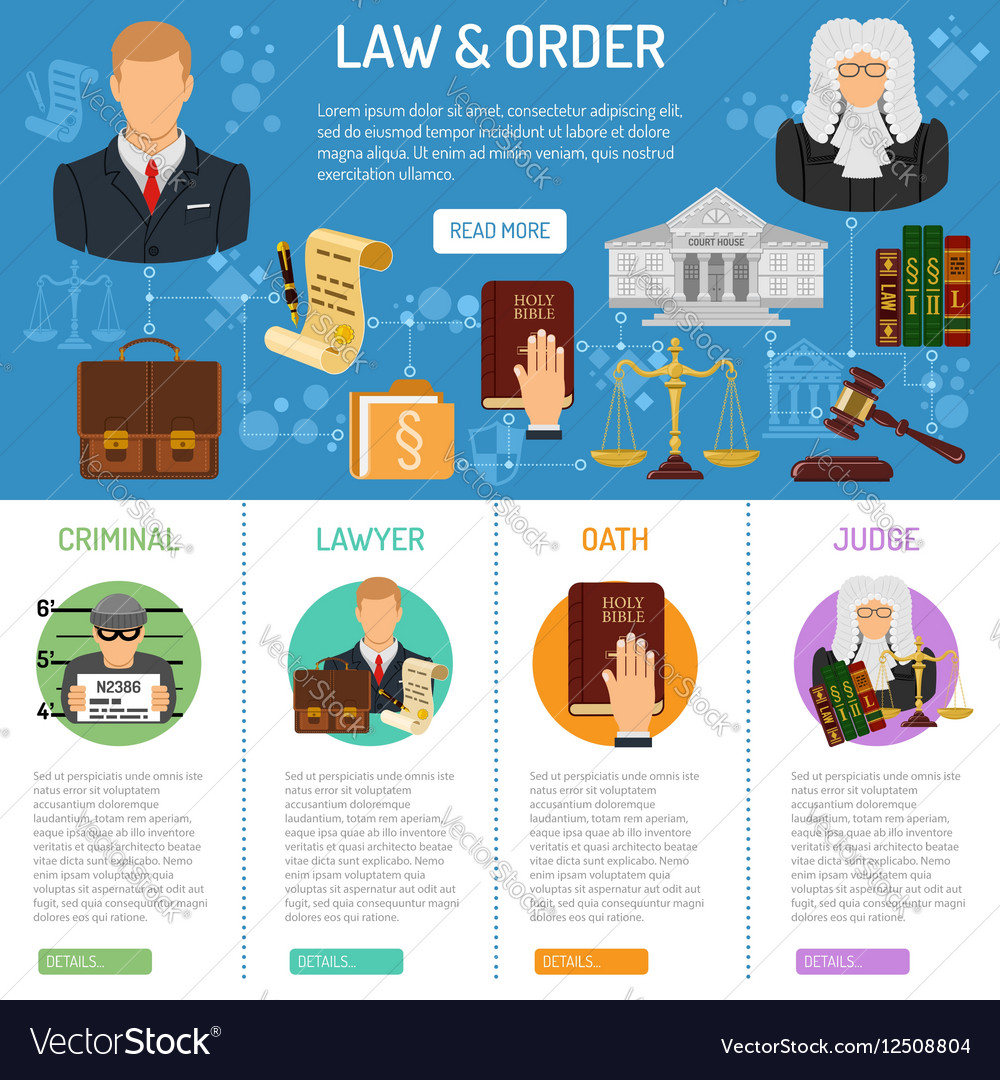The Value Of Evidence In Criminal Defense: Important Insights You Must Think About
The Value Of Evidence In Criminal Defense: Important Insights You Must Think About
Blog Article
Article By-Fisher Bojsen
When you think about criminal protection, evidence is frequently the first thing that comes to mind, and permanently factor. It's the structure upon which your situation stands, forming the narrative and influencing the court's assumption. Different kinds of evidence, from physical to electronic, each play a special role in developing a protection. However not all proof is treated equally; admissibility criteria can make or damage your protection approach. Recognizing these nuances is crucial, especially when thinking about how they can influence the result of a test. So, what should you find out about these criteria?
Types of Evidence
When it involves criminal protection, recognizing the types of proof can make all the difference in your instance. Evidence falls into numerous categories, each playing a crucial function in developing the truths of your situation.
One common kind is testimonial evidence, which includes declarations made by witnesses. Their accounts can provide insight right into what happened and can either sustain or test the prosecution's claims.
Physical proof is an additional vital type, encompassing concrete products like tools, clothing, or fingerprints. This sort of proof can directly connect you to a criminal activity or assistance negate claims versus you.
Then there's documentary proof, which includes records, photographs, or any type of written materials significant to your case. These documents can provide a timeline or context that's essential for your protection.
Last but not least, you can't neglect digital proof, that includes data from mobile phones, computer systems, or social networks. This kind of proof can reveal vital information regarding your tasks or interactions.
Admissibility Standards
In criminal protection, the admissibility of evidence is crucial to your case's end result. You'll need to recognize the requirements that establish whether evidence can be utilized in court. Usually, proof should be relevant, trustworthy, and gotten lawfully to be considered acceptable.
Relevance means the evidence needs to directly relate to the case and help verify or negate a truth at issue. If it does not link to your defense or the charges against you, it might be omitted.
Dependability makes sure that the proof is reliable and trustworthy; as an example, eyewitness testament can be called into question if the witness has a background of unreliable accounts.
Furthermore, evidence should be gathered based on lawful treatments. Any proof obtained via prohibited means, such as an illegal search or seizure, might be deemed inadmissible under the exclusionary regulation.
Understanding these requirements can equip you to work successfully with your lawyer. They'll browse the complexities of these rules to reinforce your protection, ensuring only the most effective evidence exists in your support.
Constantly remember, the admissibility of evidence can significantly influence the jury's understanding of your situation.
Effect On Defense Methods
The admissibility of evidence straight forms your protection techniques. When evidence is considered permissible, you can utilize it to build a strong situation. On the other hand, if proof is ruled inadmissible, you require to pivot your approach. Understanding what evidence the prosecution can present aids you anticipate their disagreements and prepares you to counter them effectively.
You'll want to concentrate on event evidence that sustains your defense. This might consist of witness statements, expert testament, or files that difficulty the prosecution's insurance claims. The goal is to create sensible doubt in the minds of the jurors. If certain pieces of evidence are weak or controversial, you may consider a technique that highlights various other solid facets of your case.
Furthermore, the kind of evidence-- whether it's forensic, testimonial, or electronic-- will certainly dictate exactly how you connect your protection. You'll need to craft engaging stories that reverberate with the court while using acceptable evidence to back up your cases.
Eventually, your approach needs to be flexible, allowing you to adjust as brand-new evidence emerges or as rulings are made. Each decision you make must align with the goal of guaranteeing the most effective possible result for your instance.
https://www.politico.com/news/2022/04/05/jan-6-defense-lawyer-disbarred-00023314
In criminal defense, evidence plays a crucial duty fit your situation. By understanding the different types of evidence and their admissibility standards, you can strengthen your protection method and develop practical uncertainty in the minds of jurors. https://www.courthousenews.com/funding-ties-to-sidney-powell-spur-scrutiny-on-lawyers-for-indicted-oath-keepers/ with your legal counsel guarantees that your proof exists effectively and adapts to any type of brand-new advancements throughout the test. Ultimately, the ideal proof can make all the difference in attaining a positive result.
